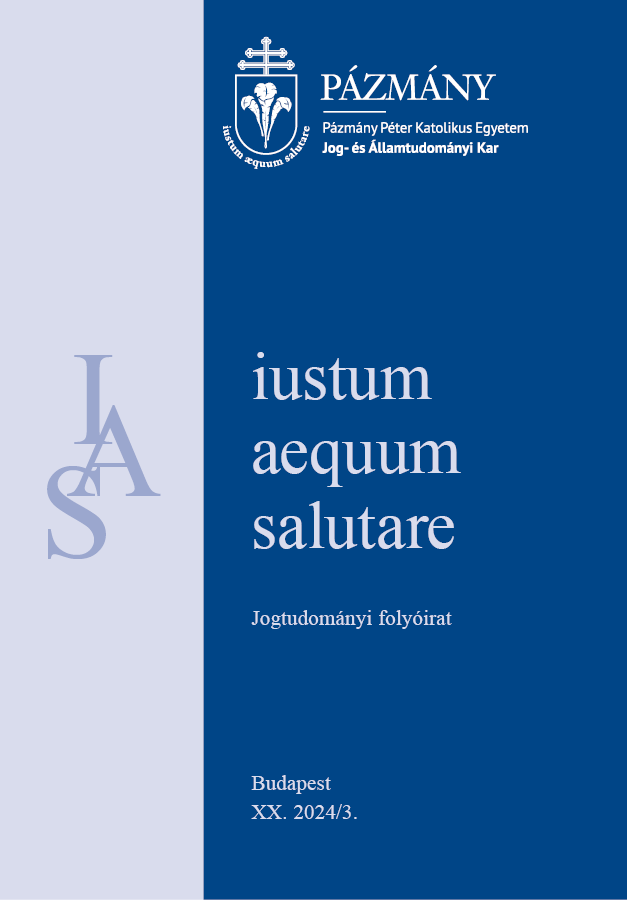Cyber Gulag and Digital Iron Curtain, or questions of internet sovereignty in Russia
Abstract
People living in the 21st century democratic states of the Global North take for granted the existence of the internet and the ability to access information – political or otherwise – that concerns them at any time of the day. This privileged, privileged position is exacerbated by the rise of digital authoritarianism around the world, where, under the banner of Internet sovereignty, attempts are being made to block their own citizens from what those in power consider to be harmful or dangerous knowledge. One example of this process is Russia, where they are experimenting with the erection of the Digital Iron Curtain to send their own citizens to the Cyber Gulag. State authorities have used a range of tools, from classical censorship to blocking websites and state surveillance of internet traffic and content. This paper embeds the legal basis and practical manifestations of these tools in the conceptual framework of Internet sovereignty.
Copyright (c) 2024 Gosztonyi Gergely

This work is licensed under a Creative Commons Attribution 4.0 International License.


